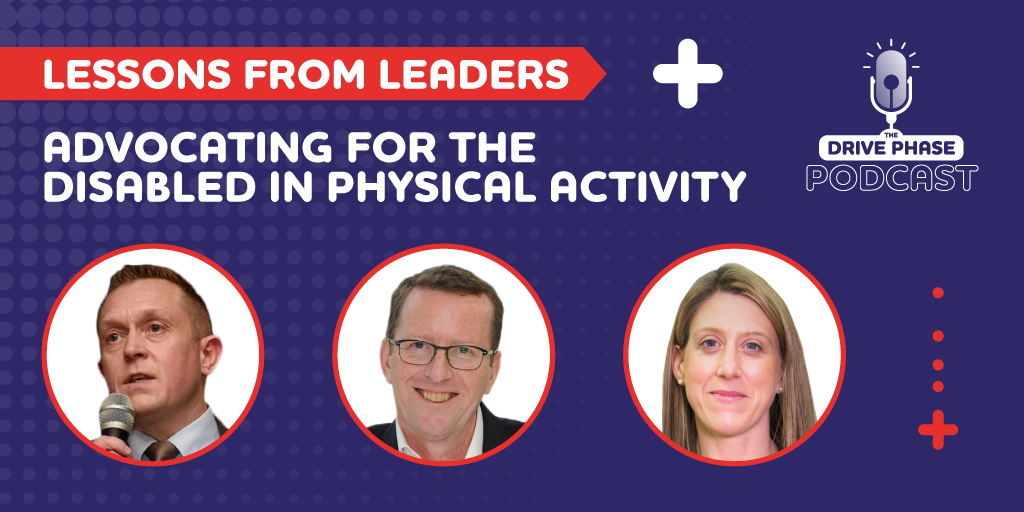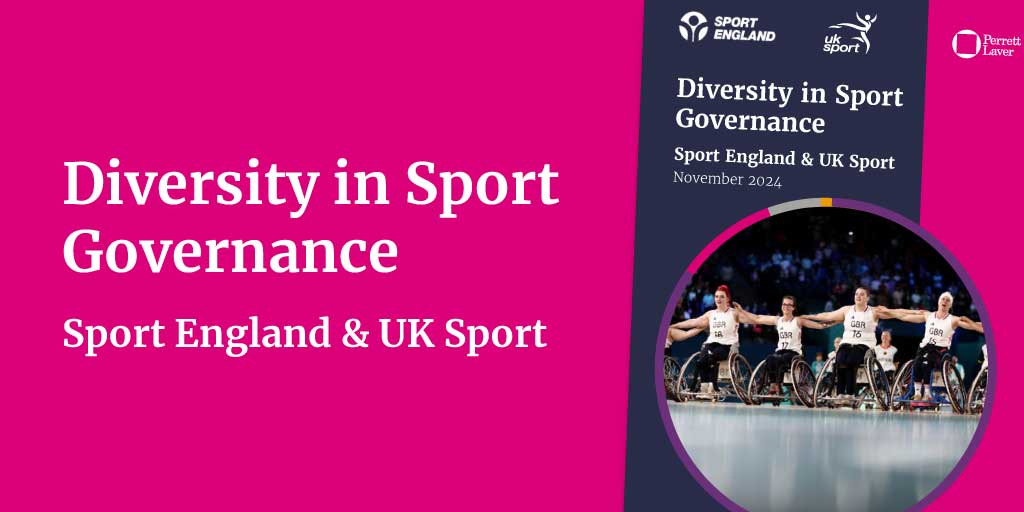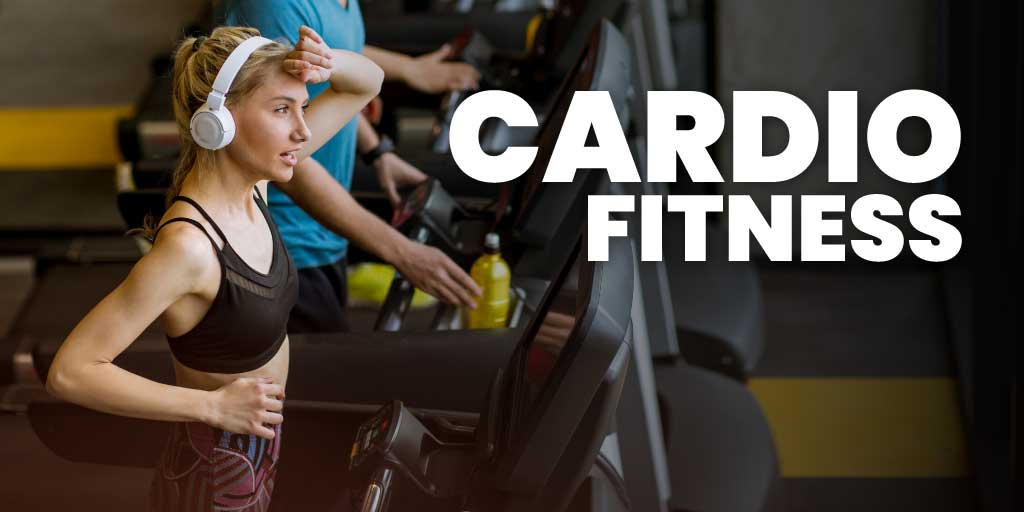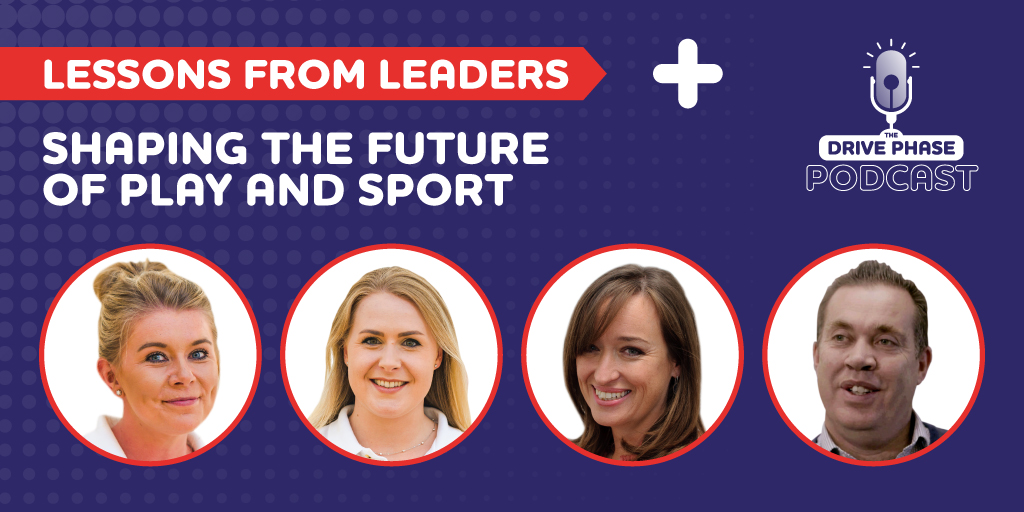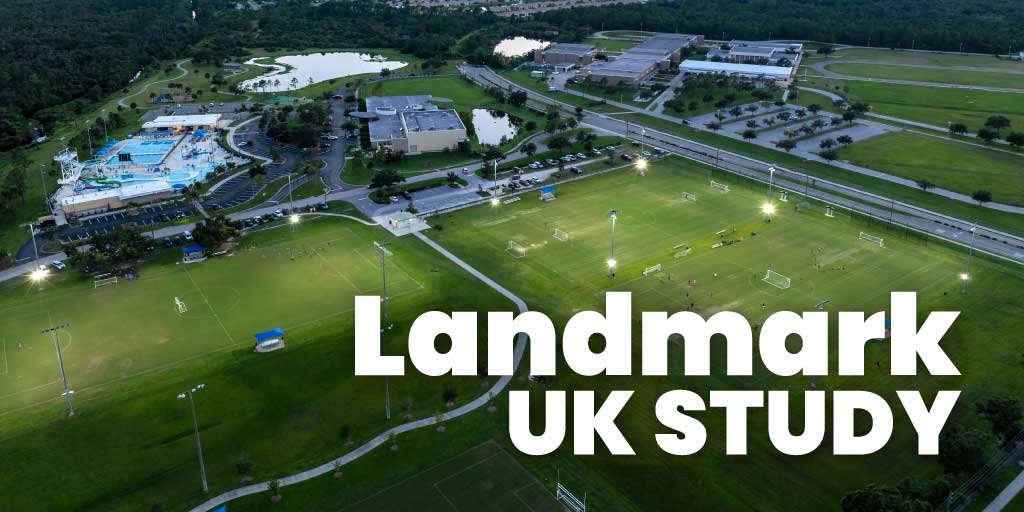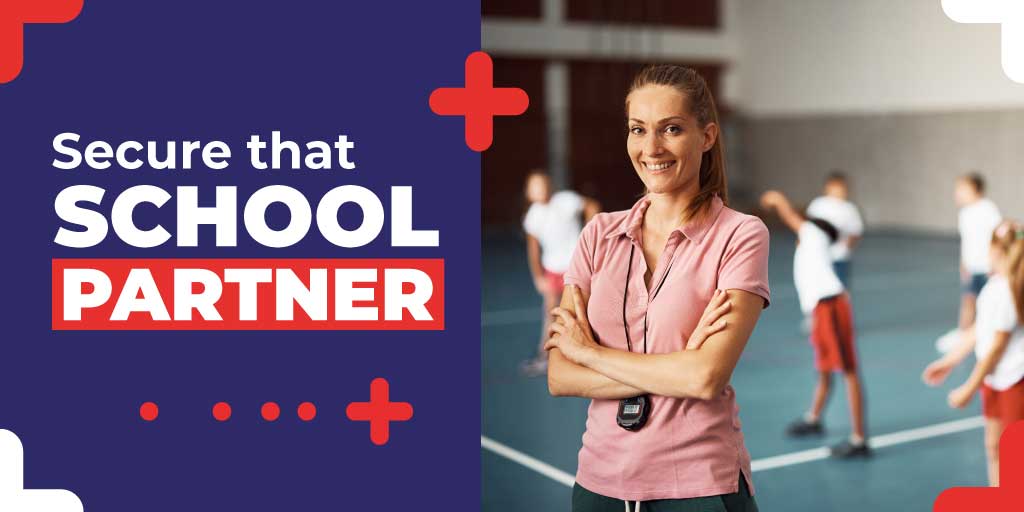Sports and physical activities offer more than just physical fitness—they foster teamwork, build confidence, and enhance mental health. However, people with disabilities are often marginalized in sports, lacking access, representation, and support. There are effective ways you can help create an inclusive, empowering environment for people with disabilities in sports programs.
Access to sports, coaching and fitness for disabled communities is essential to your business. Providing support can not only improve their well-being but also ensure your sports coaching company is embedded in your community.
1. Raising awareness about the importance of inclusive sports
One of the biggest barriers disabled people face in sports is a lack of awareness about their capabilities and the importance of inclusion. Often, people don’t realize that sports programs can be adapted to meet the needs of individuals with varying disabilities. Awareness can include educational workshops, social media advocacy and community talks that outline adaptive sports programs, promote inclusivity and integrate those lessons into your existing programs.
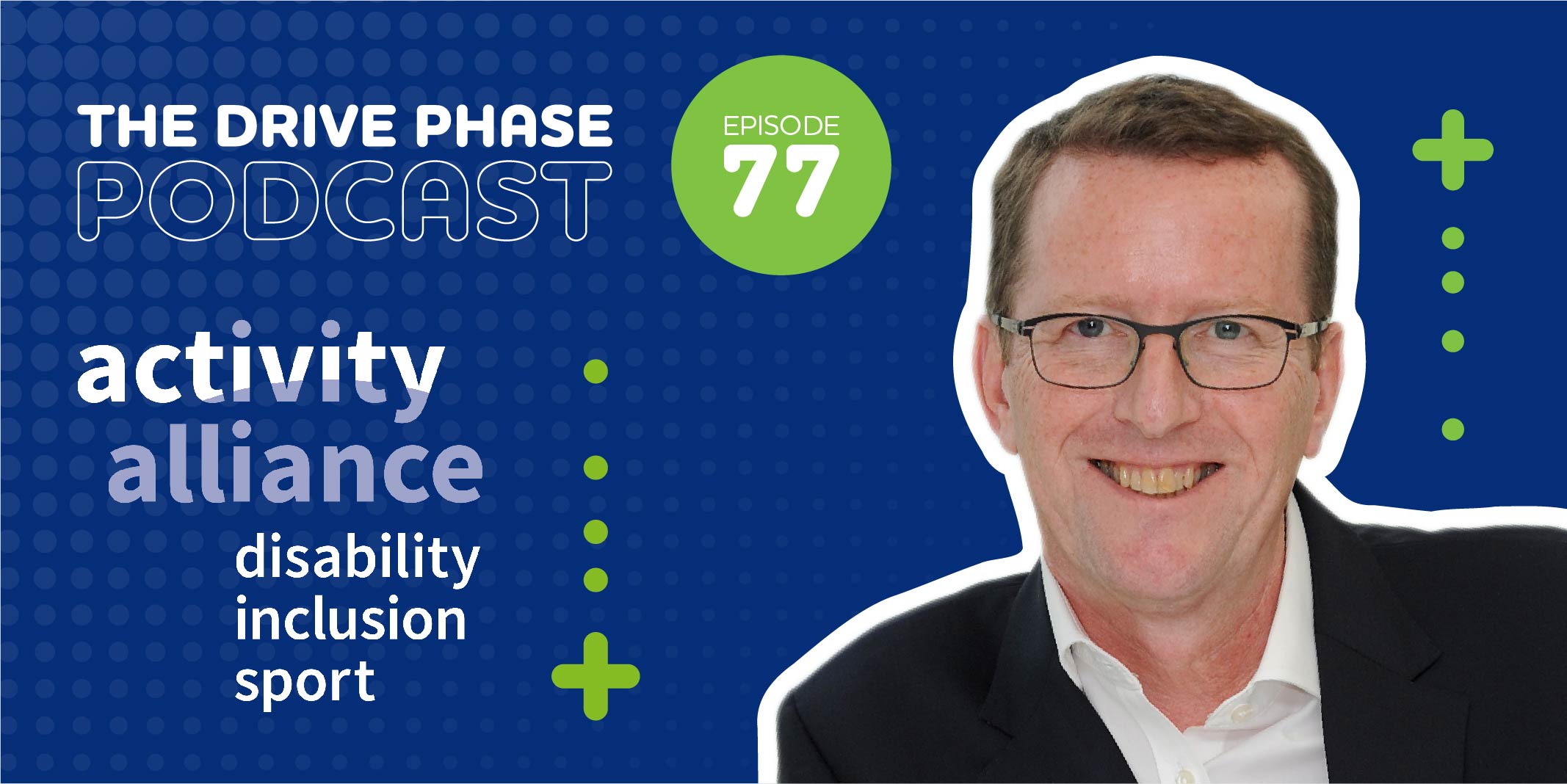
Whilst The Activity Alliance has advocated for disabled people in sports and physical activity since 1998, education has always been their primary goal. They have created a clear structure of what the future should look like, with a fully engaged disabled population, putting the community’s recommendations and needs at the centre of their practice. CEO Barry Horne added:
“We’ve set up two big strategic goals. One is changing attitudes towards disabled people in sports and activities. And the other is embedding inclusive practice. Helping people understand how to do it in the workforce for their processes, systems and frameworks. We’ve gone from having a strong sports development structure to having a mixed team that doesn’t just deliver but advocates and supports.”
2. Support adaptive sports programs and organizations
One powerful way to advocate for disabled people in sports is to support and engage with adaptive sports organizations. These organizations specialize in making sports accessible for people with disabilities, often through specialized equipment and trained coaches. Organizations such as Access Sport highlight the way disabled communities are excluded from sports.
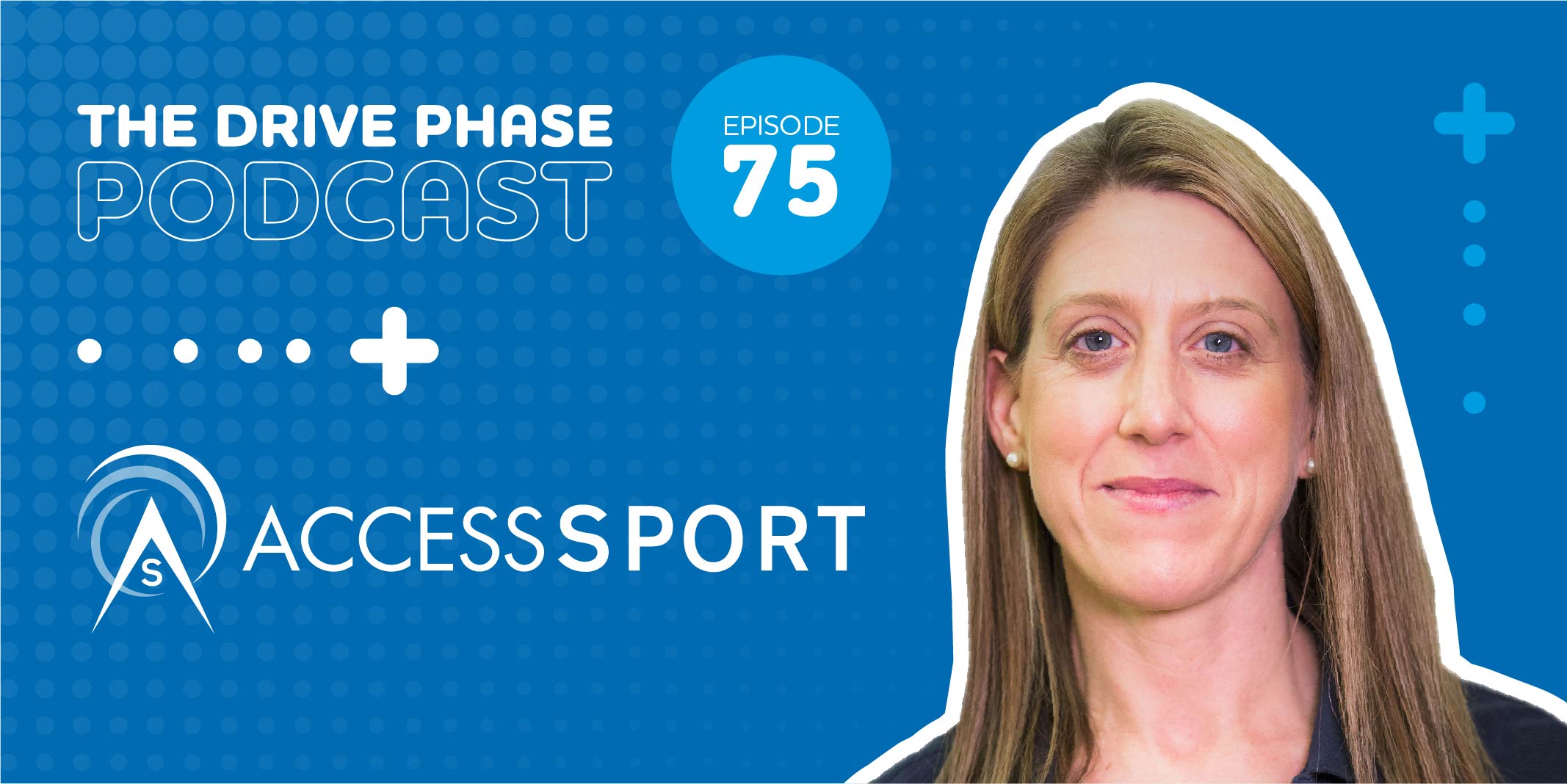
Focussing on disadvantaged and disabled children and young people, they provide inclusive programmes, equipping and supporting community sports clubs, organizations and volunteers. CEO of Access Sports, Helen Rowbotham, added:
“Most of our work is a combination of social and disability inclusion. We particularly understand that governing bodies which essentially divide everything across their sport, have the best intentions and plans.
“Yet, in reality, they don’t often have sufficient resources to really throw in with social and disability inclusion. That’s where we come in. We bring the expertise that they need to deliver the programs in the most effective way.”
3. Advocating for policy changes and funding
In many cases, inclusive sports programming for people with disabilities is limited by funding, inadequate policies or lack of enforcement of inclusive standards. Using current standards and advice from organizations like Access Sports and The Activity Alliance and embedding them in your sports program can become part of the advocacy for inclusion.
Many sports facilities are not designed with accessibility in mind. Use your sports coaching program to advocate for more inclusive infrastructure and the need for that funding to be provided. Offer your approach to local government funding, when discussing increasing funding and support for inclusive sports programs.
With your business as a benchmark, make a case for the positive impact of sports on mental health, physical health, and community involvement for people with disabilities.
4. Developing and supporting inclusive training for coaches
One of the most effective ways to advocate for disabled people in sports is by equipping coaches with the knowledge and skills needed to work with diverse abilities. Coaches who understand adaptive training techniques can create a more welcoming and supportive environment.
Coaches should have regular training sessions on adaptive sports techniques. This could cover modifications for different disabilities, communication strategies, and safety protocols. Training should emphasize empathy, patience, and adaptability—qualities essential for coaches working with disabled athletes. These qualities foster an inclusive environment where athletes feel valued.
5. Celebrating and amplifying success stories of disabled people
People with disabilities often face stereotypes and misconceptions, which can deter them from participating in sports. Celebrating their achievements and showcasing positive stories can combat these stereotypes and inspire others.
Use social media to highlight achievements, stories, and quotes from disabled athletes. Create content that not only celebrates their sports prowess but also the resilience and determination it takes to succeed.
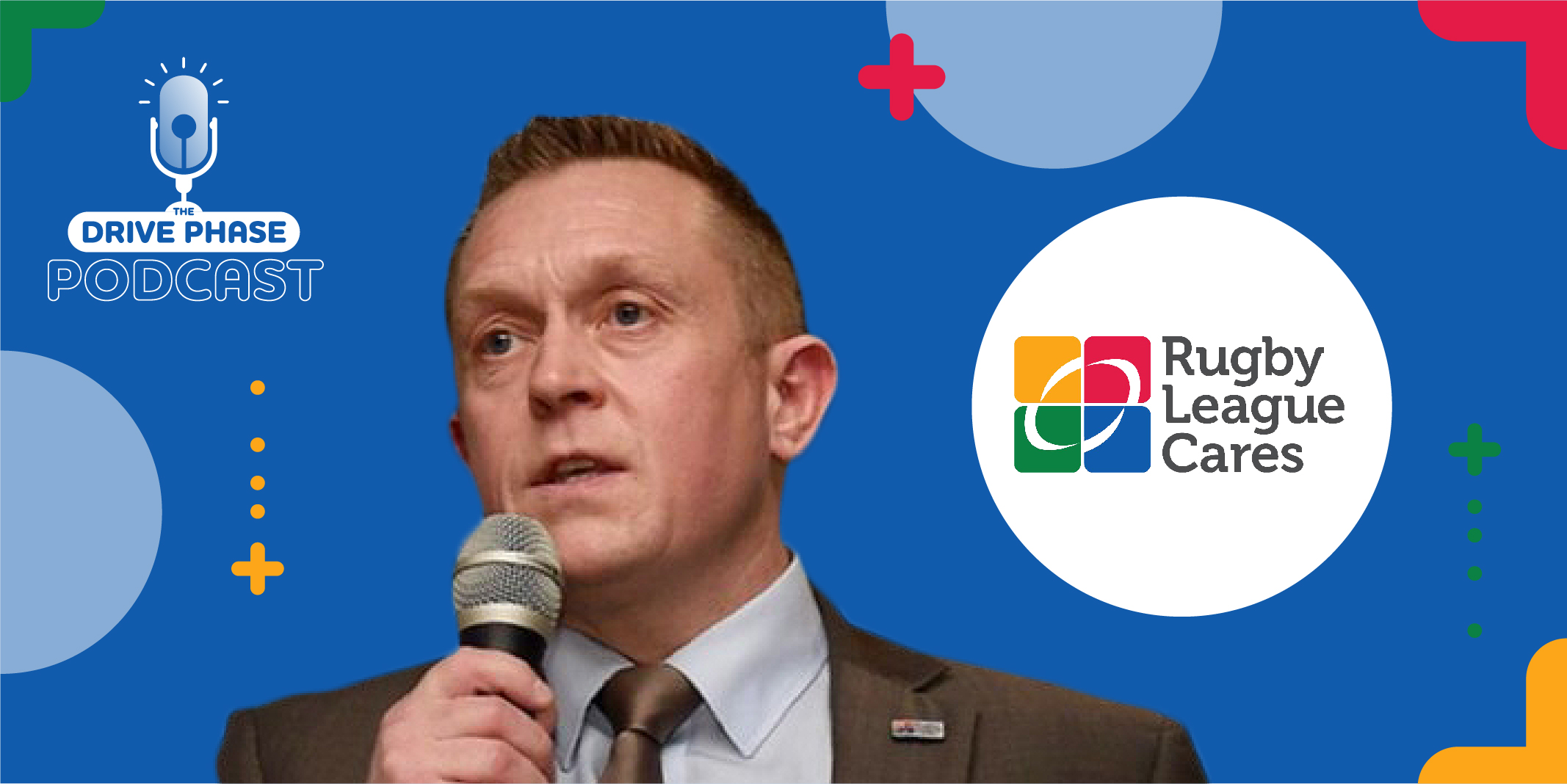
Rugby League Cares has taken the legacy of the Rugby league and used it to establish a charity that supports players. The original Benevolent Fund came in response to a young Academy player, Matt King, who was seriously injured while playing.
Unlike organizations that seek the transformational nature of the sport, one of the core parts of Rugby League Cares is its wide remit. From supporting the history and stories of the support to encouraging mental and physical health, Rugby League Cares brings together all the activities of charities dedicated to the sport.
What should you do next?
Advocating for disabled people in sports is about fostering an environment where everyone, regardless of ability, can participate, compete, and enjoy the benefits of physical activity. When we work together to create inclusive programs, we not only improve accessibility but also celebrate the diverse skills and perspectives that disabled athletes bring to sports.
Check out The Drive Phase!
To hear more about how the activities sector is improving lives for disabled people in sports, check out The Drive Phase podcast! Host James Moore sits down with the movers and the shakers of the sector to find out just how transformative the industry really is. Listen and subscribe anywhere you get your podcasts.

